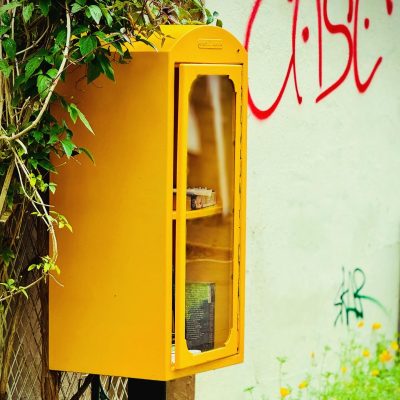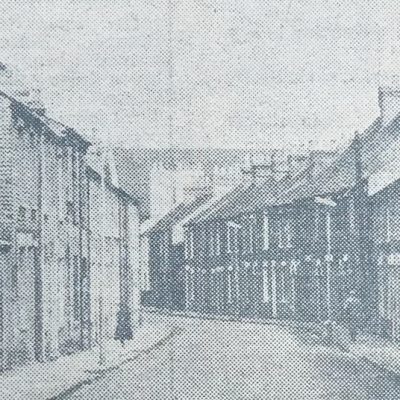Search by topic
- archaeology
- architecture
- bricklayer
- Building of Local Interest
- carpenter
- church
- crime
- dressmaker
- fire
- Great Eastern Railway
- listed building
- medieval
- oral history
- Public House
- Rattee & Kett
- Religious House
- Roman
- scholar
- school
- Then and Now
- tudor
- women
- work
- world war one
- world war two
Search by text
158 Gwydir Street
History of 158 Gwydir Street
1881
Rodger Webster, head, 79, retired farmer, b Lincoln
Ann R, wife, 73, b Lincoln
1891
Sarah Cole, head, widow, 53, living on own means, b Essex
Frederick W, son, 27, drapers assistant, b Essex
John G, son, 20, telegraphist, b Essex
George Kent, lodger, clerk, 21, b Berks
1893 CC&J 6.1.1893: Philip Elliott gave evidence in the inquest into the fatal accident at Cambridge Station when John Bowers, 49, horse driver, was killed.
1900 CDN 19.11.1900: Accident at the Railway Station.— About eight o’clock on Saturday evening an accident happened at the Railway Station to an engine driver on the Great Eastern Railway, named Philip Elliott, of 158, Gwydir-street. It appears that he was getting off his engine when his left ear caught on the step, cutting it severely. He was immediately taken to Addenbrooke’s Hospital, where the ear was stitched.
1901
Phillip Elliott, 60, railway engine driver, b Northumberland
Emma, 57, b Cambridge
Catherine M, 31, dressmaker, b Cambridge
John, 29, railway wheel examiner, b Cambridge
Laura, 21, laundress, b Cambridge
1911
William Smith, 43, machinist woodworking, b Worcester
Susan, 33, b Shelford
Sidney, 8, b Cambridge
Elsie, 6, b Cambridge
1913
Philip Elliott, engine driver
1939
Arthur J Turnell, b 1879, journeyman butcher (Air Raid Warden)
Florence, b 1879
1962
Mrs A Bent
Contribute
Do you have any information about the people or places in this article? If so, then please let us know using the Contact page or by emailing capturingcambridge@
License
This work is licensed under CC BY-NC-SA 4.0










